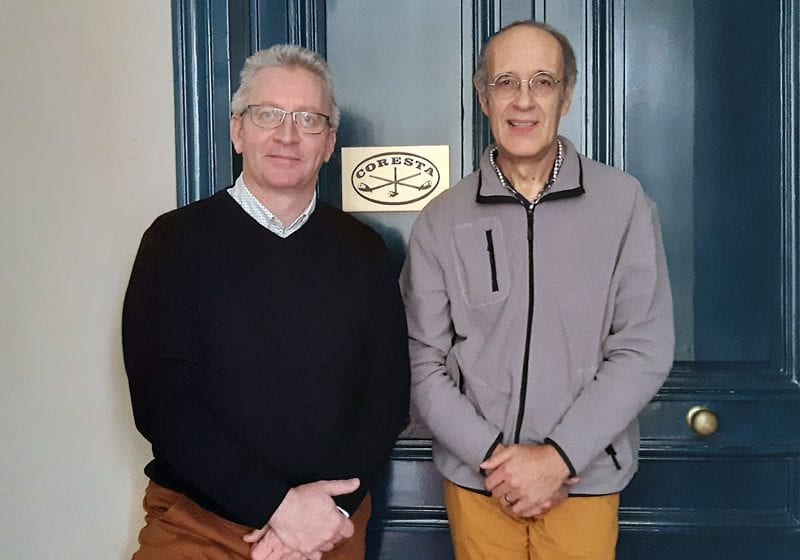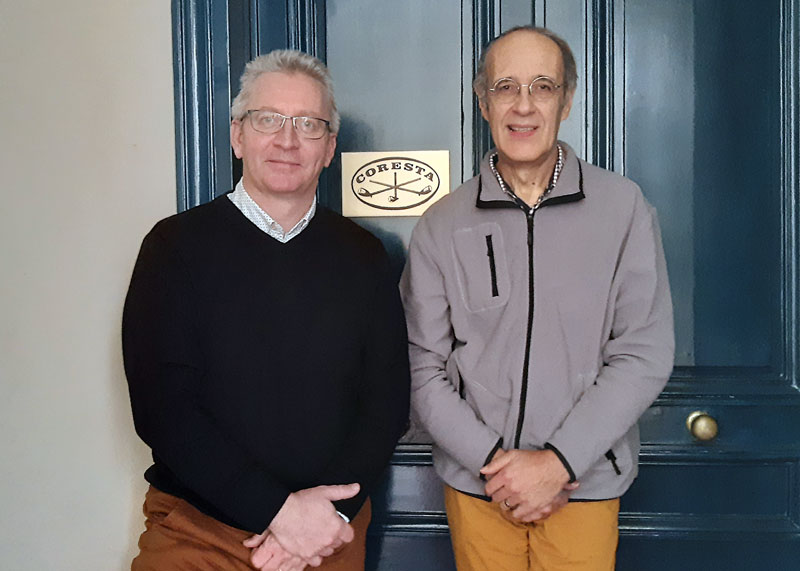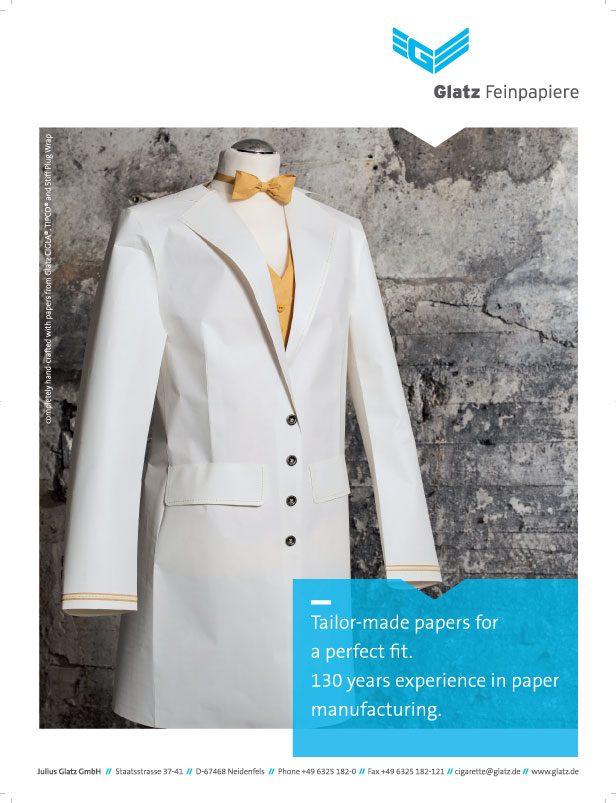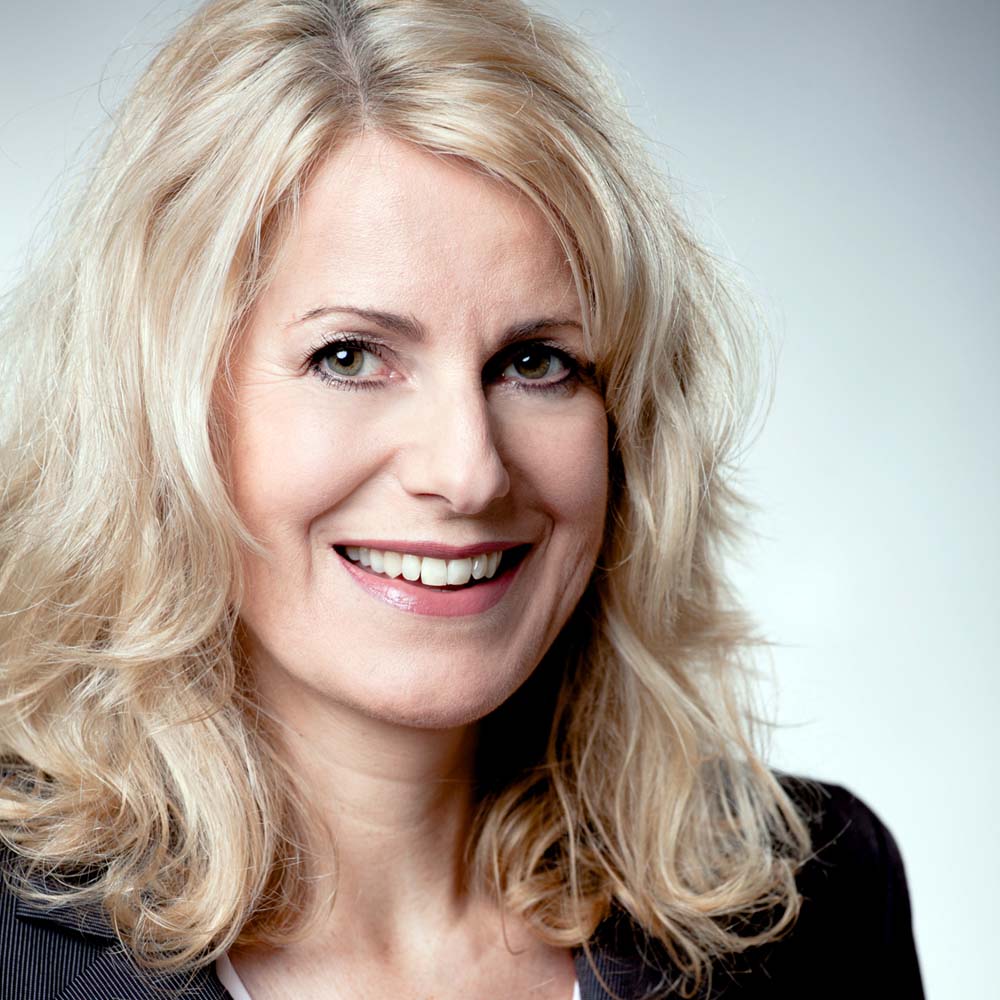Coresta’s new e-cigarette task force will present its first report during the organization’s Smoke Science and Product Technology meeting in Seville, Spain, Sept. 29-Oct. 3, 2013.
Although e-cigarettes do not contain tobacco, Coresta members in November agreed to establish a task force dedicated to this new product category. The interest in e-cigarettes has been growing significantly in recent years, but substantial gaps remain in the science relating to these products, their components and the product-use patterns. Capitalizing on its global scientific skills and expertise, and in cooperation with e-cigarette stakeholders, Coresta hopes to fill these gaps.
The task force’s short term objectives are to:
- create a document on worldwide product definition and definitions of terms for e-cigarettes to support harmonization of nomenclature;
- gather and share preliminary data on analysis relevant to e-cigarettes worldwide with a view to making recommendations for product testing;
- define the relevant categories of products for potential further Coresta studies.
More than 30 Coresta member organizations from all over the world, including contract laboratories, scientific consultants, tobacco and e-cigarette manufacturers, liquid and equipment suppliers, have started work in two teams, dealing with the two first objectives. They are collecting published and unpublished data and literature worldwide on history, principles of operation, product types, regulatory status and analytical testing issues and results. Based on this preliminary and necessary review, the task force will then work on the third objective.








